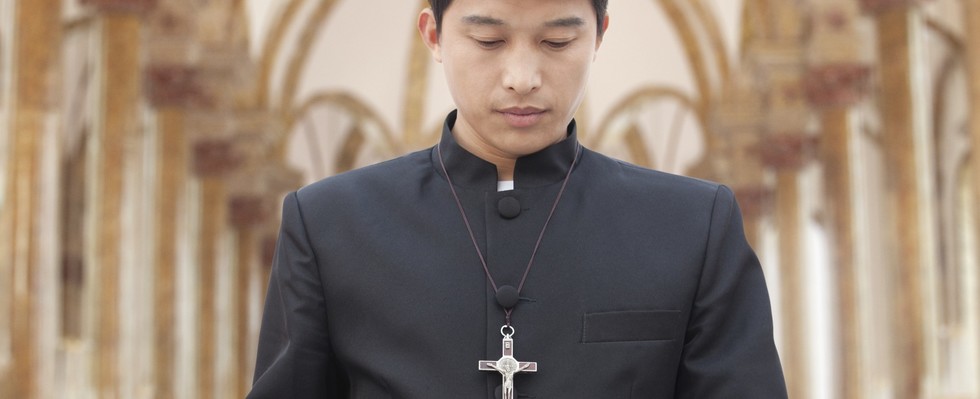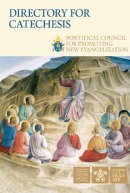Book Review: China and Christianity
Article:
01.09.20
China and Christianity
China in Life’s Foreground by Audrey G. Donnithorne, Australian Scholarly Productions, 435pp; paperback £25.00, Kindle version £7.66 reviewed by Joanna Bogle
At a time when China is so much in the news – the Coronavirus, trade wars, the West’s recognition of China’s growing
global power and influence – a book with the title China in Life’s Foreground seems an all too appropriate read.
Bandits
Audrey Donnithorne’s parents were evangelical missionaries in China in the 1920s, and her memories of those years – including being captured by bandits and held hostage – jostle with those of a 1930s girls’ boarding school and holidays spent with various families while her parents were back in China. It’s a vanished world: solemn Sundays in a country vicarage with newspapers forbidden, a cold lunch so the servants could have a day off, and an obligatory weekly letter to parents followed by hymn-singing round the piano. There were long days in pleasant countryside and – in the pre-TV, pre-mobile/computer era – much time for reading and for walks.
Then followed WWII work in the War Office. Young Audrey, still in her teens, was recruited because, following a visit to her parents in China, she was questioned by the immigration authorities on her return home to discover if she had any information that might help the British war effort.
Lord Halifax’s infatuation
The Donnithorne style includes small notes that bring wartime Britain alive: in Whitehall windows were bricked up because of the danger of loose papers flying out in bombing raids and “ventilation was poor so we were given two-hour lunch breaks” which she spent studying in the London Library after “a quick slice of bread and margarine bought locally”. Secret despatches from Lord Halifax in Washington revealed an apparent infatuation with Madame Chiang Kai-shek. Donnithorne’s office had maps that had to be covered over to maintain secrecy when a clerk came in on an errand, and a filing system with coloured cards denoting the usefulness or otherwise to the Allied cause of various factions in China: “One of my minor duties in the War Office, on which I was told not to spend too much time, was to draw up an Order of Battle for the various Chinese armies and armed units cross-crossing China, about which the Western allies were ill-informed.”
The future
Donnithorne’s future adventures were to include conversion to Catholicism, a distinguished academic career following an Oxford degree, much activity with Catholic groups in Britain and Australia in the late 1960s and early 70s – tumultuous years in the Church – and lecturing in many different countries. But running like a thread through all of this is her interest in China.
Professor Donnithorne emphasises that China is complex and vast. And while at present the (often brutal) Communist authorities appear to hold sway, the future, she is certain, lies with Christianity. When she writes about her many contacts and visits with the Church in China, she focuses on the practical realities such as the difficulty of educating young men in remote rural areas who are keen to become priests, and the need for good Christian literature. She believes that a proper understanding of China should see it as a civilisation not as a state, and that “overmuch attention has been given, by observers of China, to formal definitions and wording in political and social contexts”.
Dangerous patronage
Donnithorne is unconvinced that formal diplomatic recognition of China would benefit the Church “which might then lose its advantage among the Chinese people as being seen as at odds with a despised and disliked regime”. She reflects that “perhaps the greatest longterm danger to the Church in China may come not from government oppression but from government patronage” and that the important thing is simply to pursue the Church’s mission at ground level. As her memoirs conclude, this thoughtful academic with a deep-rooted love of China ponders the message of Pentecost and notes that the immediate reaction of the Apostles on receiving the Holy Spirit was “not to discuss how to deal with Caesar in the imperial capital but to go out into the streets around them” and evangelise the many people gathered there from different nations. Food for thought there.
Notes:
Joanna Bogle DSG is the editor of FAITH magazine and a well-known author.


